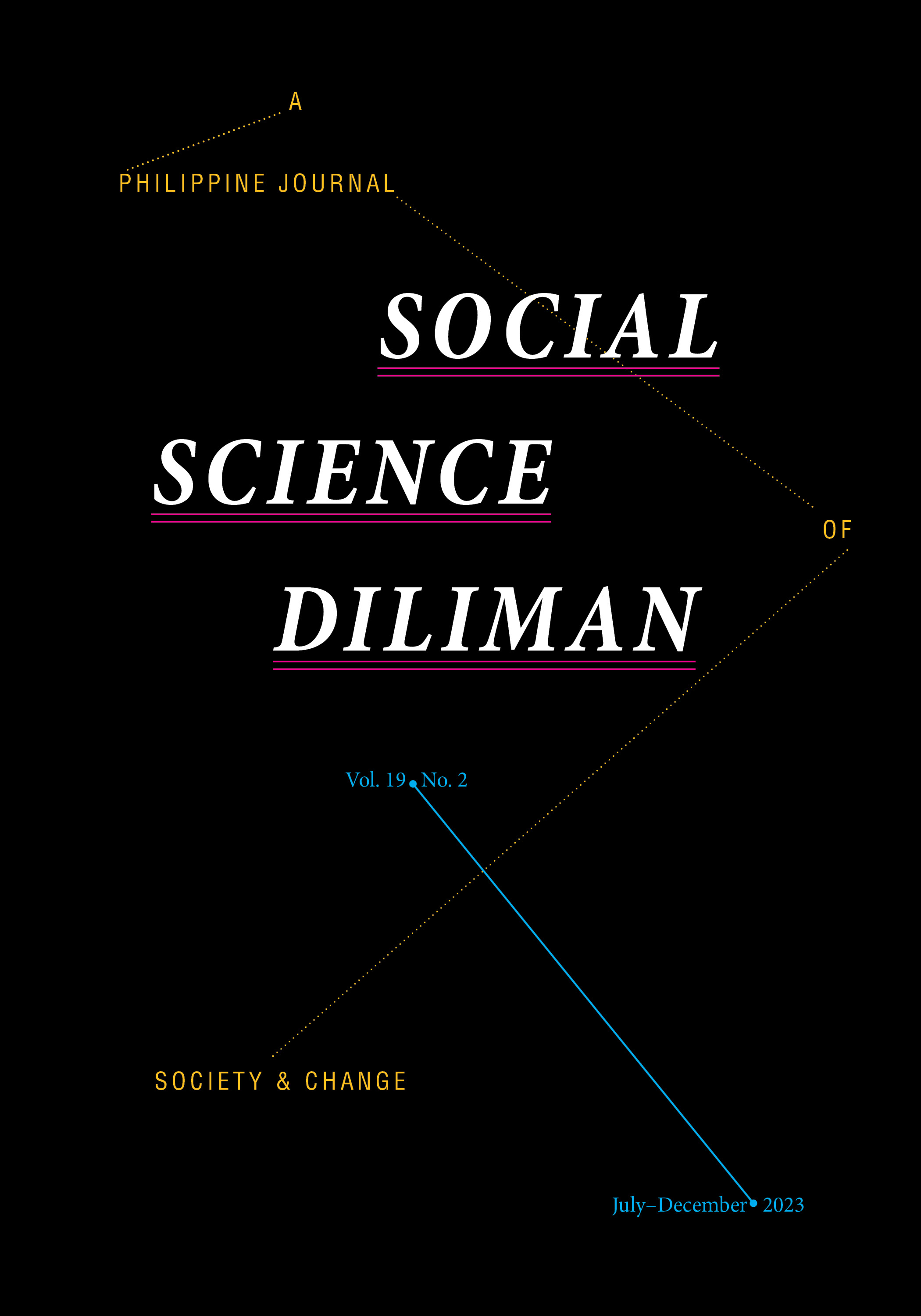Why Did Workers’ Strikes Increase Under Duterte? Populism and Political Opportunities for Social
Abstract
After a decades-long decline, the number of strikes in the Philippines saw a brief spike from 2016 to 2019. At first glance, the timing could not be more unfavorable—the presidency of Rodrigo Duterte, widely recognized as a right-wing populist. Using publicly available reports and articles, this study seeks to explain this surge in workers’ strikes, which were combined with street protests. It argues that Duterte’s populism on the issue of contractualization, a form of precarious labor, opened political opportunities for the brief resurgence of the labor movement. Duterte then reduced his populism on the issue and closed off the political opportunities, leading to the movement’s decline. Aside from contributing to understanding the interaction between populism in power and social movements, this article illustrates how right-wing populism, while addressing a primary grievance, can articulate a secondary grievance associated with the political left.


